Aeromonas hydrophila in aquaculture
Published in Ecology & Evolution, Microbiology, and Sustainability
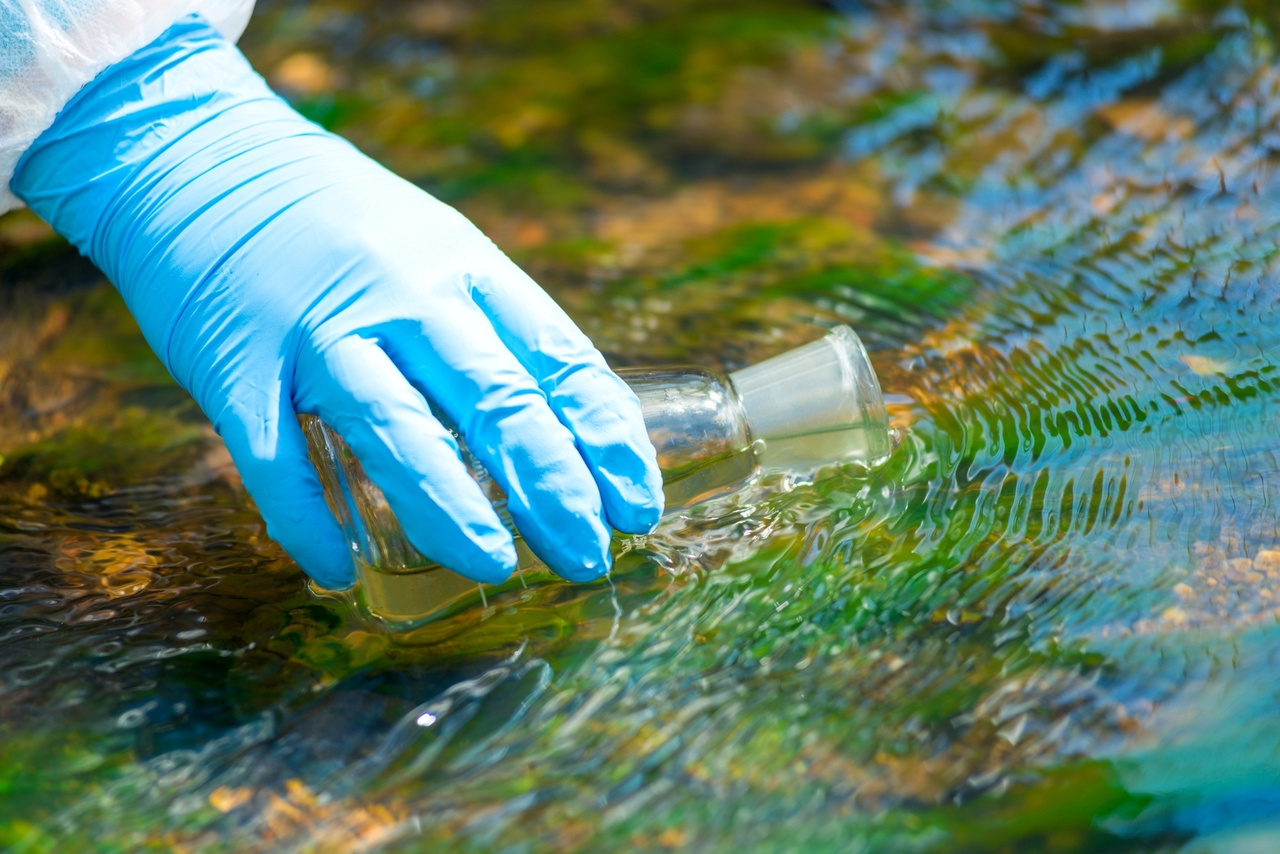
Springer Nature Collections are curated groups of articles within a journal that provide highly focused exploration of specific themes and emerging topics to enhance the visibility and impact of research. By contributing to a Collection, you can benefit from increased visibility, meaningful academic connections, and broader impact. This collection - from the journal Aquaculture Science and Management - focuses on the aquatic pathogen Aeromonas hydrophila.
Aeromonas hydrophila is a pathogen affecting a wide range of aquatic species, leading to severe economic losses and posing challenges to food security. Understanding the mechanisms by which Aeromonas hydrophila induces inflammation, alters intestinal morphology, and triggers antioxidant responses is essential for developing effective management strategies. As aquaculture continues to expand globally, the need for sustainable practices is urgent. The "Impact of Aeromonas hydrophila on Aquaculture: Inflammation, Intestinal Changes and Antioxidant Responses" collection in Aquaculture Science and Management focuses on this issue and invites contributions to the field. Topics of interest include but are not limited to:
- Mechanisms of inflammation in fish
- Intestinal morphology alterations
- Histopathological studies of Aeromonas infections
- Antioxidant responses in aquaculture species
- Disease management strategies
- Genetic resistance to Aeromonas hydrophila
- Environmental factors influencing disease outbreaks
- Impacts on aquaculture sustainability
“Impact of Aeromonas hydrophila on Aquaculture: Inflammation, Intestinal Changes and Antioxidant Responses” is led by Shivendra Kumar, Dr. Rajendra Prasad Central Agricultural University and Izzet Burçin Satıcıoğlu, Bursa Uludag University. The collection accepts original research, reviews and methodologies. As a new open access journal, we are able to cover the article processing charges for publications.
Professor Shivendra Kumar, PhD, Dr. Rajendra Prasad Central Agricultural University, India
Dr. Shivendra Kumar, Professor & Head, Department of Aquaculture, College of Fisheries, Dr. Rajendra Prasad Central Agricultural University, Pusa, Bihar involved in research, research based extension and teaching of graduate, post graduate and Ph.D students. Dr. Kumar pursued M.F.Sc and Ph.D in ‘Fish Nutrition and Biochemistry’ from ICAR – CIFE, Mumbai and post-doc in ‘Fish Nutrition’ at HAKI, Szarvas, Hungary.
Izzet Burçin Satıcıoğlu, PhD, Bursa Uludag University, Turkey
Dr. İzzet Burçin Satıcıoğlu is an Associate Professor of Veterinary Microbiology at Bursa Uludağ University, Faculty of Veterinary Medicine, Turkey, since 2022. He earned his Doctorate in Veterinary Sciences from Bursa Uludağ University in 2018, focusing on the genotypic characterization and prevalence of antimicrobial resistance genes in fish pathogens.
Follow the Topic
-
Aquaculture Science and Management

This is an open access peer-reviewed journal that aims to publish innovative research about the management of aquaculture species, the related food security considerations, and the industry’s relationship with the environment.
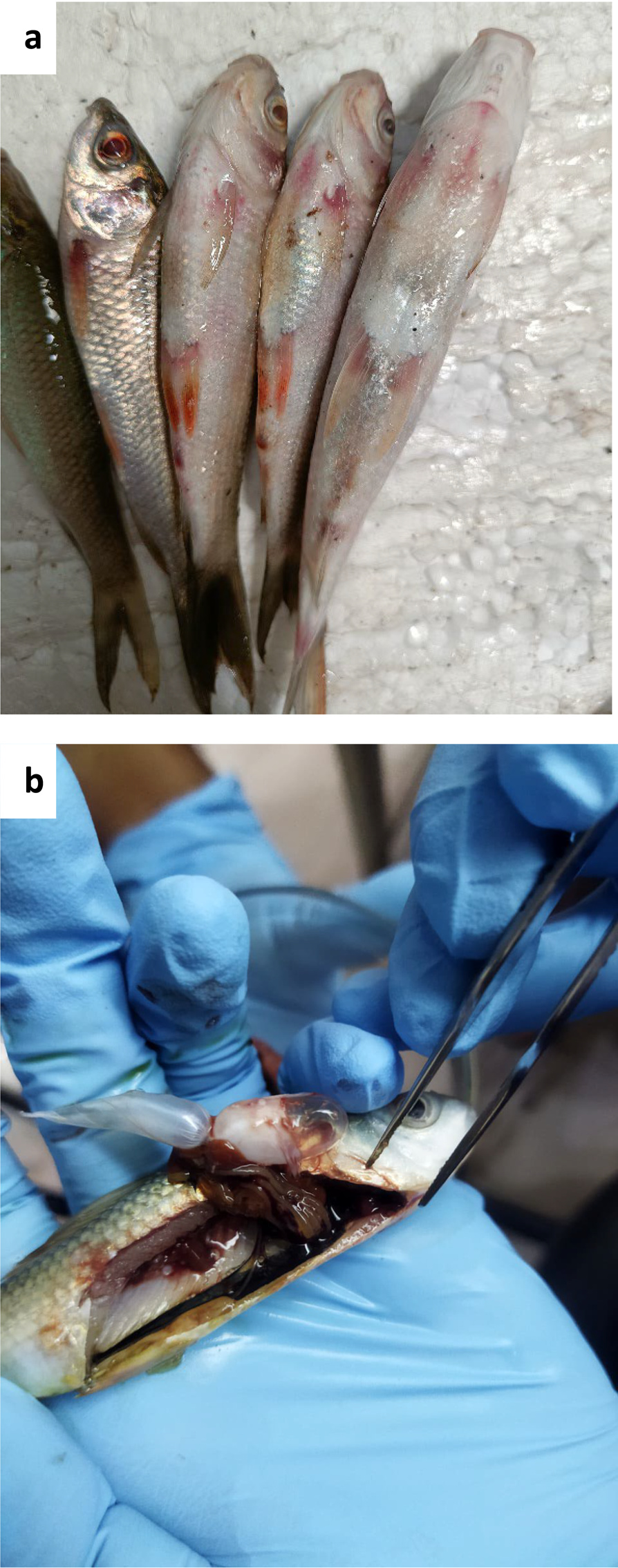

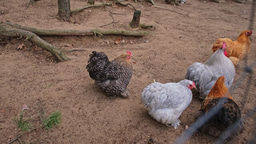
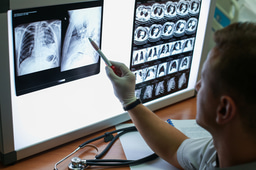
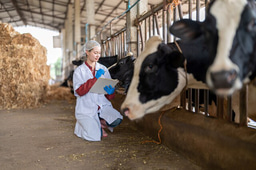
Please sign in or register for FREE
If you are a registered user on Research Communities by Springer Nature, please sign in